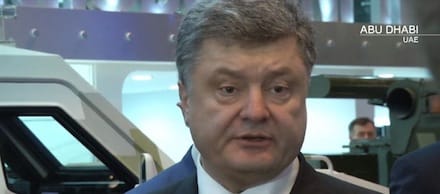In a rather ghastly 19th century experiment, a biologist by the name of Heinzmann found that if he placed a frog in boiling water, the frog immediately leapt out but that if he placed the frog in tepid water and then gradually heated it, the frog stayed put until he...

Ukraine: A Cuban Missile Crisis in Reverse
read more
